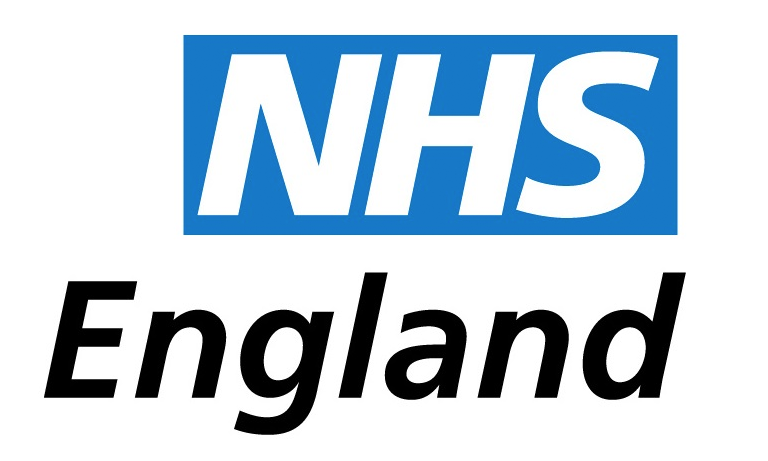 It seems that embracing and encouraging diversity and equality between social, gender and ethnic groups is paramount for the future
It seems that embracing and encouraging diversity and equality between social, gender and ethnic groups is paramount for the futureIn an age of alleged equality, it seems unfeasible that vast pay differences can exist in an organisation such as the NHS based solely on the colour of someone’s skin; however, new research analysing the pay of 750,000 NHS employees suggests that this very thing is shockingly happening today.
Figures published in the Guardian reveal that a black doctor is paid up to £10,000 less per year on average than their white counterpart, while black nurses are experiencing up to £2,000 less in their pay packets. Black midwives, office staff and indeed personnel from all areas of the NHS are also finding that these seemingly unfair discrepancies in pay are affecting them.
With one-third of the NHS workforce comprising black employees, each providing a dedicated and crucial service to the organisation every day, how can such clear pay differences exist in the modern age?
One of the most obvious explanations is that although many black people work for the NHS, the vast majority are not employed in senior roles, which highlights clear barriers and issues for those from ethnic or minority backgrounds who want to progress to a high level within the NHS. With a distinct lack of diversity at the ‘top of the tree’, certain groups are going unrepresented and pay gaps between ethnic groups continue to exist and indeed grow.
Studies also suggest that there are other ways in which black employees are being treated unfairly within the NHS; for example, many report that they feel more vulnerable to harassment and bullying in the workplace. Studies reveal that it has been proven that they are more likely to face referral and suffer harsher punishments in the event of any complaints, investigations or allegations made against them. This leads black employees to feel less able to raise any concerns they may have in the workplace and consequently makes their working life more problematic.
With the NHS already coming under fire for gender pay gaps, it seems that embracing and encouraging diversity and equality between social, gender and ethnic groups is paramount for the future. Not only is this pay difference an unfair way to treat dedicated staff but also it offers a disservice to the taxpayer, who would almost certainly benefit from the knowledge and understanding of a more diverse and fair NHS.








